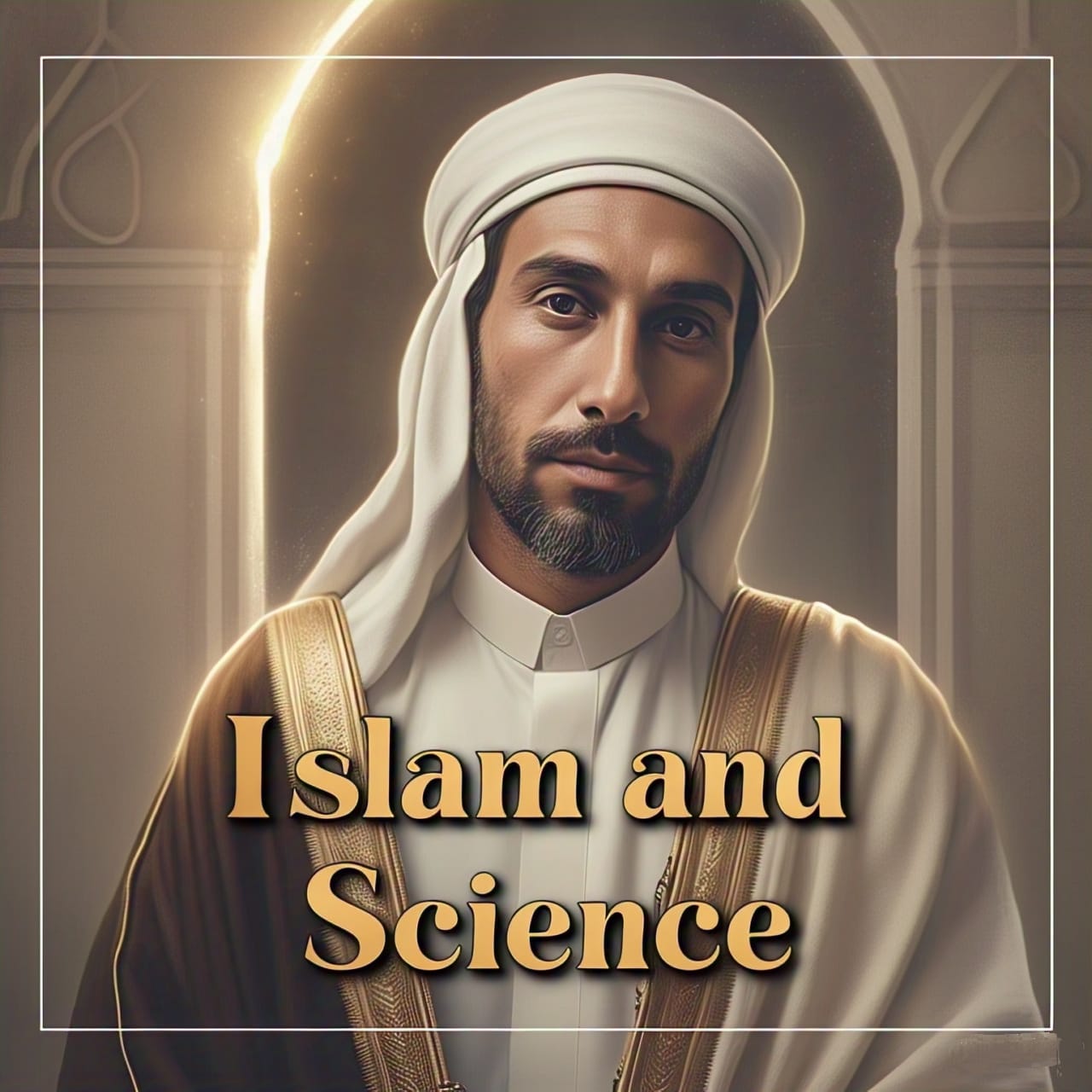Islam and Science: A Harmonious Relationship
Islam, a religion that emphasizes knowledge and understanding, has always had a profound connection with science. Far from contradicting scientific principles, Islamic teachings have historically encouraged the pursuit of knowledge, exploration of the natural world, and advancements in various fields of science. The Qur'an, the central religious text of Islam, contains numerous verses that align with modern scientific discoveries, underscoring the compatibility between Islam and science.
1. The Qur'an as a Source of Scientific Inspiration
The Qur'an, revealed over 1,400 years ago, contains verses that encourage reflection on the universe and its phenomena. It repeatedly invites believers to ponder the natural world as a sign of Allah's existence and wisdom:
- Creation of the Universe :
The Qur'an describes the origin of the universe in a way that aligns with the Big Bang theory:
"Have those who disbelieved not considered that the heavens and the earth were a joined entity, and We separated them and made from water every living thing? Then will they not believe?"
(Surah Al-Anbiya, 21:30)
This verse suggests a unified origin of the heavens and the earth, akin to the modern understanding of the universe's creation.
- Expanding Universe :
Modern cosmology confirms that the universe is expanding, a concept mentioned in the Qur'an:
"And the heaven We constructed with strength, and indeed, We are [its] expander."
(Surah Adh-Dhariyat, 51:47)
- Embryology :
The Qur'an provides detailed descriptions of human embryonic development that were only confirmed centuries later with modern technology:
"We created man from an extract of clay. Then We placed him as a drop of fluid in a safe place. Then We made the drop into a clinging clot, and We made the clot into a lump [of flesh], and We made [from] the lump bones, and We covered the bones with flesh; then We developed him into another creation. So blessed is Allah, the best of creators."
(Surah Al-Mu’minun, 23:12-14)
2. Historical Contributions of Muslim Scientists
Islam's encouragement of knowledge led to a golden age of scientific discovery during the medieval period. Muslim scientists made groundbreaking contributions in fields such as mathematics, astronomy, medicine, and chemistry:
- Algebra and Mathematics :
Al-Khwarizmi, a Muslim mathematician, is known as the "father of algebra." His works laid the foundation for modern mathematics. - Astronomy :
Al-Battani and Ibn Al-Shatir made significant advancements in astronomy, influencing later European scientists like Copernicus. - Medicine :
Avicenna (Ibn Sina) authored The Canon of Medicine , which served as a standard medical text in both the Islamic world and Europe for centuries. - Optics :
Ibn Al-Haytham’s Book of Optics revolutionized the understanding of vision and light, earning him recognition as the father of modern optics.
3. Encouragement of Knowledge in Islam
Islamic teachings emphasize the pursuit of knowledge as a fundamental obligation for every Muslim:
- The Prophet Muhammad (PBUH) said:
"Seeking knowledge is an obligation upon every Muslim."
(Sunan Ibn Majah, Hadith 224)
- The Qur'an repeatedly encourages reflection and inquiry:
"Say, 'Are those who know equal to those who do not know?'"
(Surah Az-Zumar, 39:9)
"And He has subjected to you whatever is in the heavens and whatever is on the earth—all from Him. Indeed, in that are signs for a people who give thought."
(Surah Al-Jathiyah, 45:13)
4. Science and Religion: No Contradiction
While science seeks to understand the how of natural phenomena, Islam addresses the why , providing a framework of purpose and meaning. The two are not in opposition but complement each other:
- Islam views scientific discoveries as a means to understand Allah's creation better.
- Many verses in the Qur'an encourage exploration and use of intellect, showing that science is a tool to deepen faith.
Modern scientists like Maurice Bucaille, in his book The Bible, the Qur'an, and Science , have noted the harmony between Qur'anic descriptions and modern scientific knowledge, further supporting the idea that Islam and science are not contradictory.
Conclusion
Islam and science are not at odds; rather, they are deeply intertwined. The Qur'an's emphasis on reflection and inquiry, coupled with the historical contributions of Muslim scientists, demonstrates that Islam encourages the pursuit of knowledge in all its forms. Far from contradicting science, Islam provides a framework for understanding the natural world and encourages believers to seek knowledge as a means of appreciating the divine. This harmonious relationship continues to inspire Muslims to explore and contribute to the advancement of science in the modern era.











